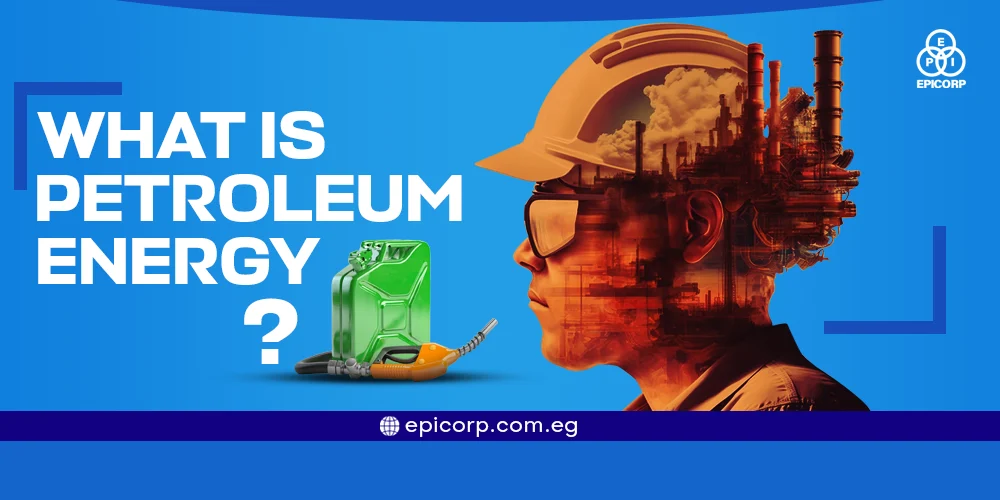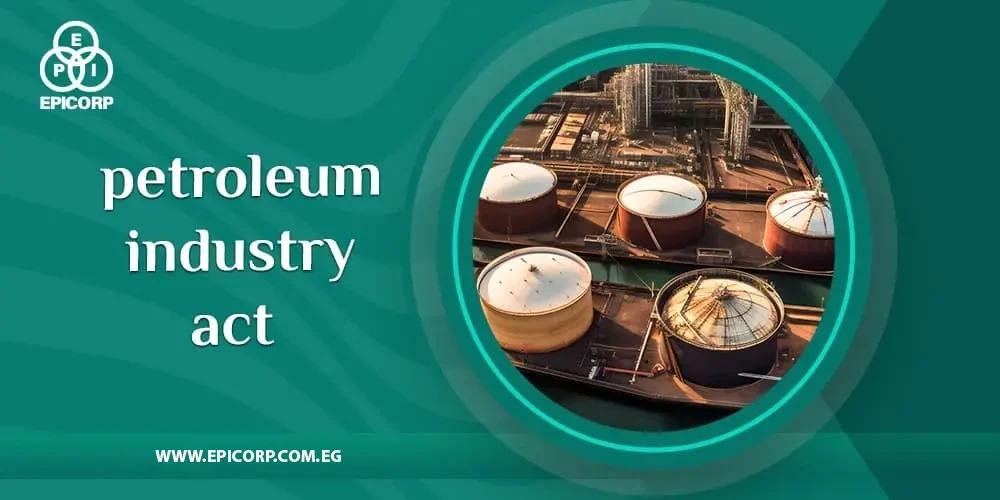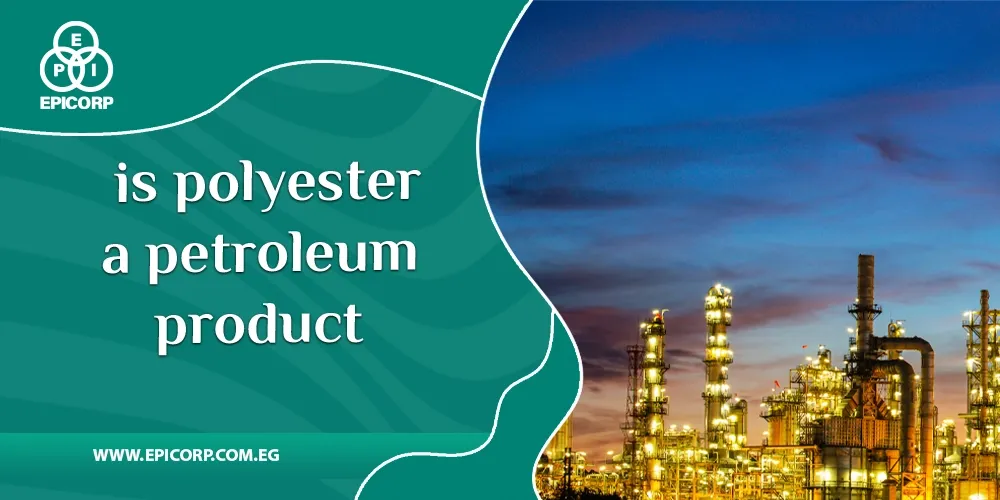If you are in the business world, particularly in the petroleum industry, the question What is petroleum energy? becomes a fundamental and vital inquiry.
Petroleum energy, a cornerstone of the global energy landscape, fuels industries, economies, and daily life in ways we often take for granted. In this article, we explore What is petroleum energy, and its significance.
Table of Contents
ToggleWhat is petroleum energy?
To answer the question of what is petroleum energy? We must know first what is petroleum and how is it formed?
Petroleum is a natural source of energy which had formed due to the decomposition of the organic material over millions of years. It is a complex mixture of hydrocarbons, formed over millions of years from the remains of ancient marine organisms.
Extracted from deep beneath the Earth’s surface, petroleum serves as the primary raw material for various forms of energy production. It is most commonly associated with the production of gasoline, diesel fuel, and jet fuel.
Where is petroleum energy found?
As we previously explained in the question What is petroleum energy?
Petroleum is discovered deep beneath the Earth’s surface due to its origin as a product of the gradual transformation of organic hydrocarbons within deceased organisms. This transformation spans millions of years, ultimately yielding crude oil.
Subsequently, we harness this oil to produce various substances that serve as energy sources, such as gasoline, and more.
How is petroleum energy produced?
Petroleum energy is produced through a complex process that involves the exploration, extraction, refining, and distribution of crude oil. Here is a simplified overview of what is petroleum energy‘s production processes:
- Exploration:
Geologists and geophysicists search for potential oil reserves by studying geological formations and conducting surveys. Promising sites are identified for drilling.
- Drilling:
Drilling rigs are used to bore deep into the Earth’s crust, sometimes reaching thousands of feet below the surface. The goal is to access underground reservoirs of crude oil.
- Extraction:
Once a well is drilled and reaches an oil reservoir, the high pressure in the reservoir typically allows the crude oil to flow to the surface naturally. In some cases, pumps or artificial lift methods are used to bring the oil to the surface.
- Transportation and Storage:
The extracted crude oil is transported to storage facilities via pipelines, tankers, or trucks. These facilities serve as hubs for testing, measurement, and temporary storage until the oil is ready for processes.
- Refining:
The fuel oil is a group of hydrocarbons and impurities are mixed together. It is sent to refineries where it undergoes a refining process. This involves heating the crude oil to different temperatures, causing it to separate into various fractions, including gasoline, diesel, kerosene, and more.
- End-Use Applications:
Consumers use petroleum products in various applications. Gasoline is used to power cars, while diesel fuels trucks and heavy machinery. Kerosene may be used for heating, and jet fuel keeps airplanes in the air. Petrochemicals derived from crude oil are used to manufacture a wide range of products, including plastics and chemicals
Hers’s: What Are The 10 Uses Of Petroleum.
Is petroleum converted into energy?
Yes, petroleum is converted into energy through various processes. When petroleum is refined, it yields a range of products, including gasoline, diesel, kerosene, and others. These products are used as fuels in various applications to produce energy.
For example, What is petroleum energy process of gasoline production?
It’s burned in an internal combustion engine, it releases energy that powers vehicles. Similarly,
diesel fuels trucks and machinery, while kerosene can be used for heating and jet fuel powers airplanes. In addition to fuel, petroleum is also used as a feedstock in the production of chemicals and petrochemicals, which contribute to various energy-intensive industrial processes. So, in essence, petroleum is a primary source of energy through its derivatives.
Where is petroleum energy used?
Another important question is as important as what is petroleum energy?
Petroleum energy is used in various sectors and applications worldwide. Here are some of what is petroleum energy used for?
- Transportation:
Gasoline and diesel fuels derived from petroleum are the primary sources of energy for vehicles, including cars, trucks, motorcycles, buses, and even airplanes. They power the engines that enable us to move people and goods efficiently.
- Electricity Generation: In regions
where other energy sources are limited, petroleum is used as a fuel in power plants to generate electricity. These power plants convert the energy stored in oil into electrical power that lights our homes and powers appliances.
- Industrial Processes:
The petrochemical industry relies on petroleum as a raw material for the production of various chemicals, plastics, synthetic materials, and lubricants. These products are integral to a wide range of industries, from manufacturing to agriculture
- Heating and Cooling:
In some areas, petroleum products are used for residential and industrial heating, as well as for cooling through air conditioning systems.
- Agriculture:
Petroleum-derived fuels and chemicals play a significant role in modern agriculture, powering tractors and other machinery..
Airlines and Aviation: Jet fuel, a specialized petroleum product, is essential for the aviation industry, powering commercial and military aircraft.
Read also: Petroleum Refinery In Modern Times.
Who uses petroleum energy?
Petroleum energy is used by a wide range of individuals, industries, and sectors.
Most people use petroleum energy daily, primarily in the form of gasoline for their cars and diesel fuel for trucks and transportation.
Various industries depend on petroleum energy for manufacturing, construction, and operation of heavy machinery.
The petroleum industry is a key driver of the global economy, with its fluctuations in oil prices affecting trade balances and geopolitical relationships.
Conclusion
The question “What is petroleum energy?” seems to be one of the most important questions in the energy field, given that petroleum is a vital and irreplaceable source of energy of a great significance for all mankind.
Petroleum energy is a versatile and integral component of our modern world, powering transportation, industries, and economies. It originates from the ancient transformation of organic matter over millions of years, resulting in the complex hydrocarbons found in crude oil. The process of extracting, refining, and utilizing petroleum energy is a cornerstone of our global energy landscape.
EPICORP, an Egyptian company, was established with a primary mission: to provide exceptional and expert services in the realm of petroleum energy, catering to clients throughout Egypt, Africa, and the Middle East
FAQ
What is the 4 types of energy?
In the context of petroleum and its energy-related applications, the four types of energy often discussed are chemical, thermal, mechanical, and electrical.
What is the main source of energy
In answering What is petroleum energy's main source, it will be the chemical energy stored in petroleum itself.



